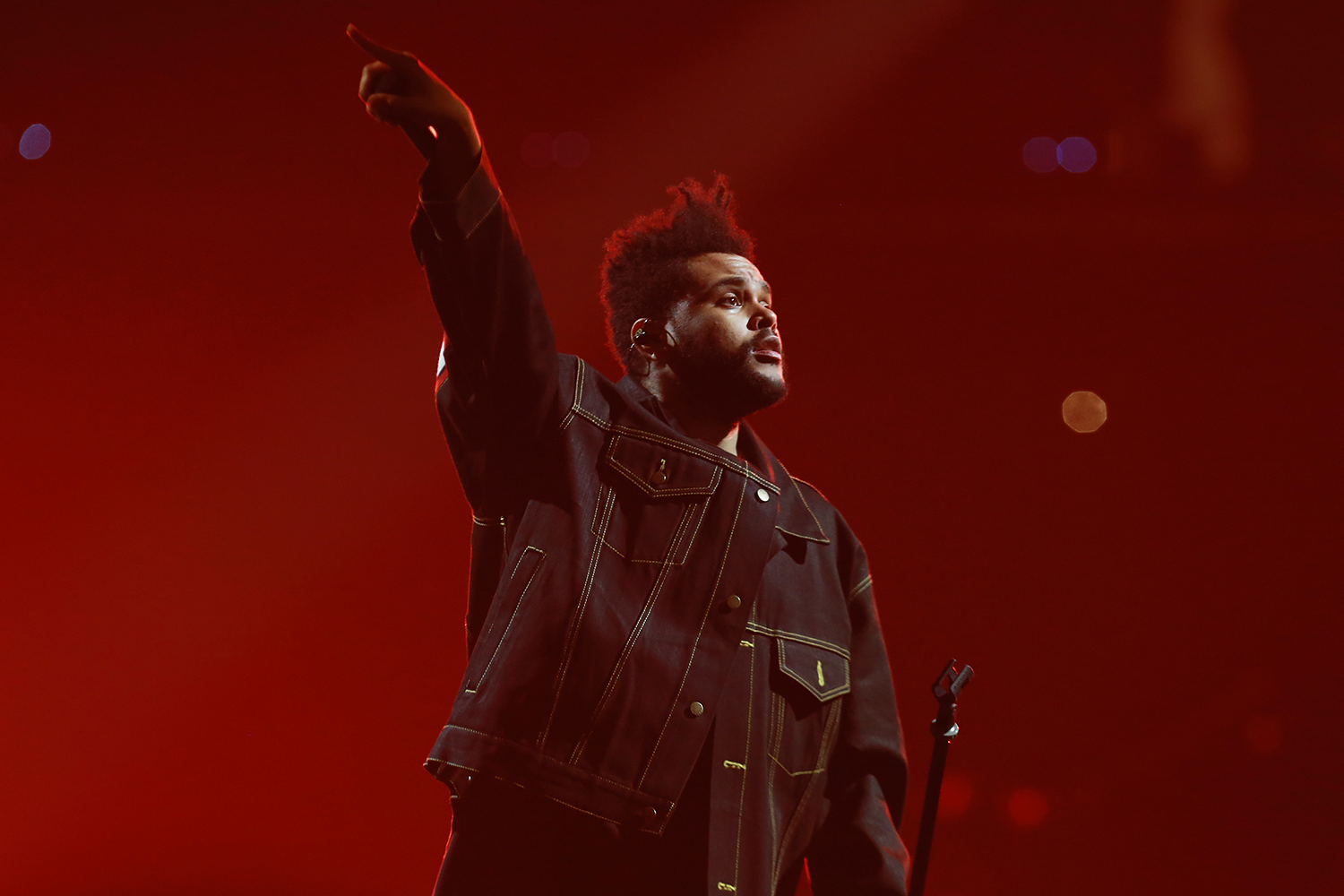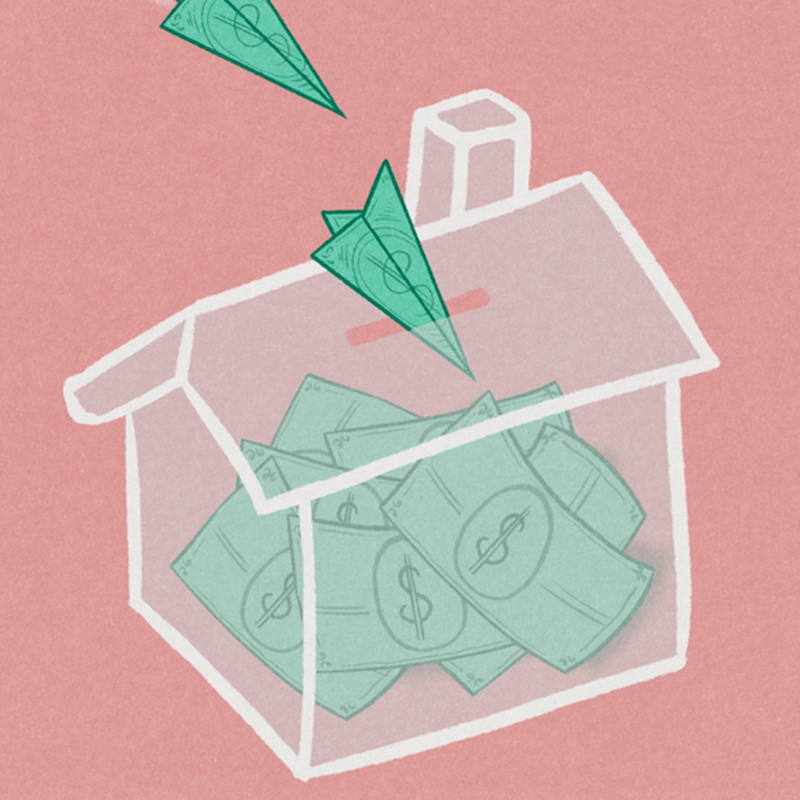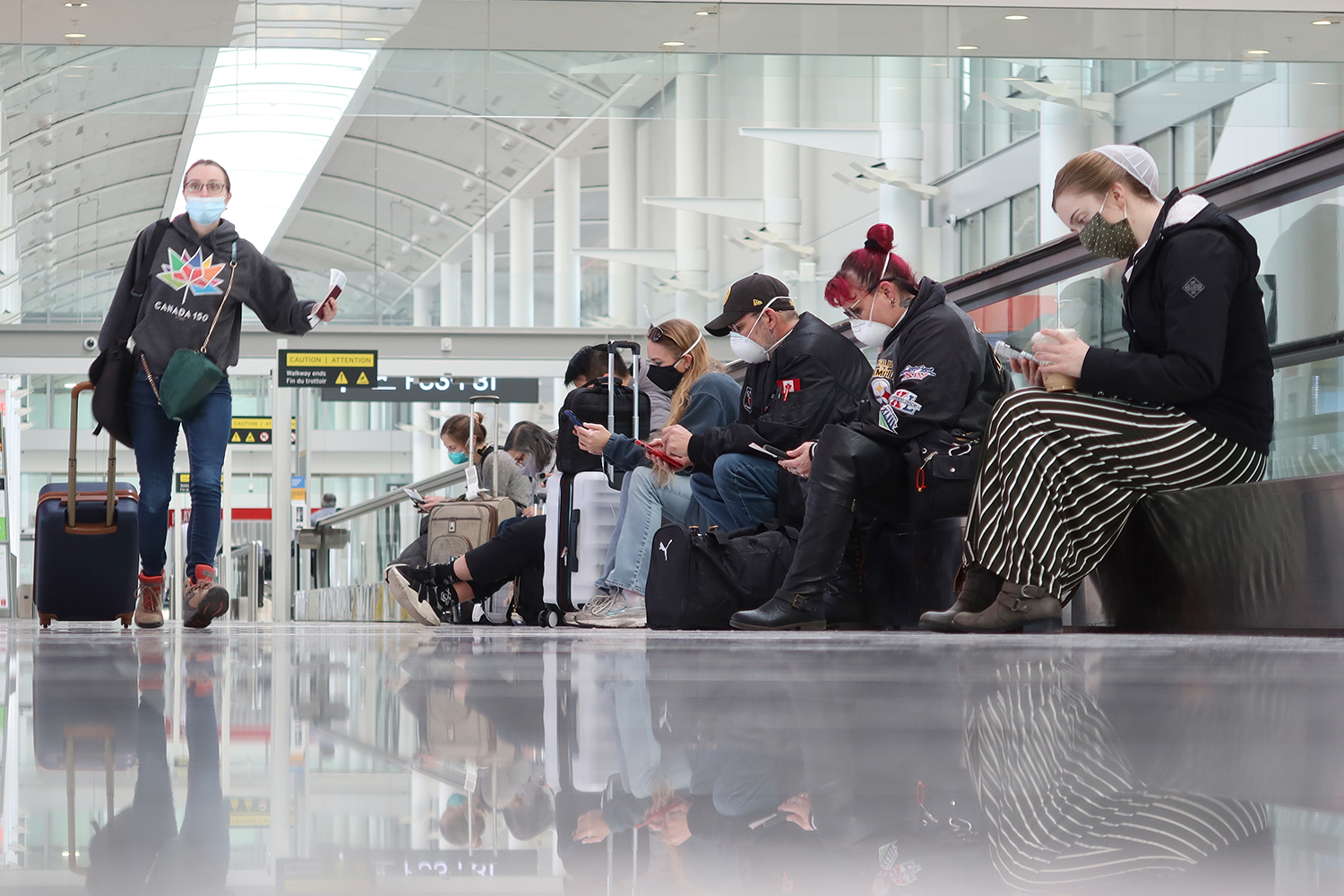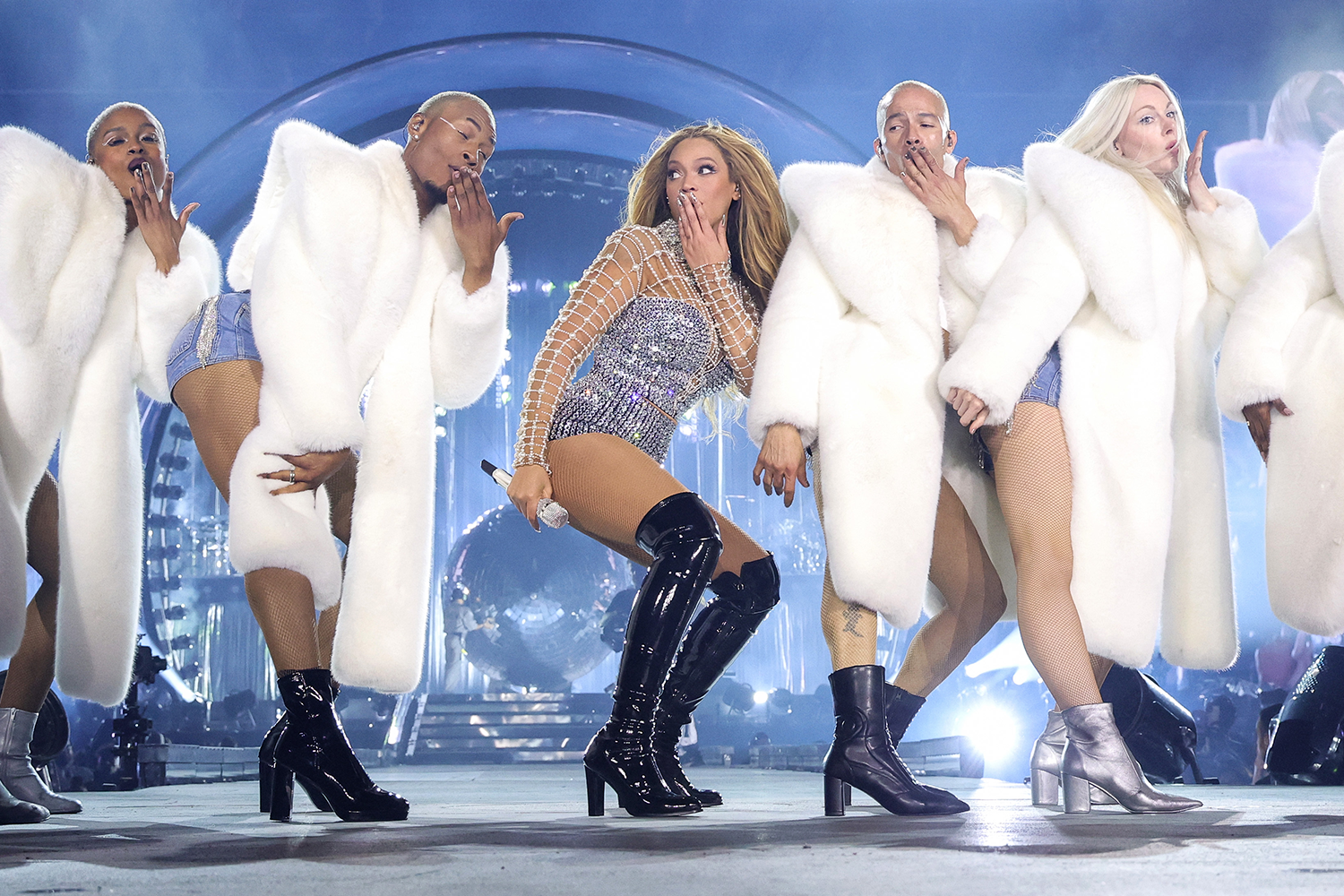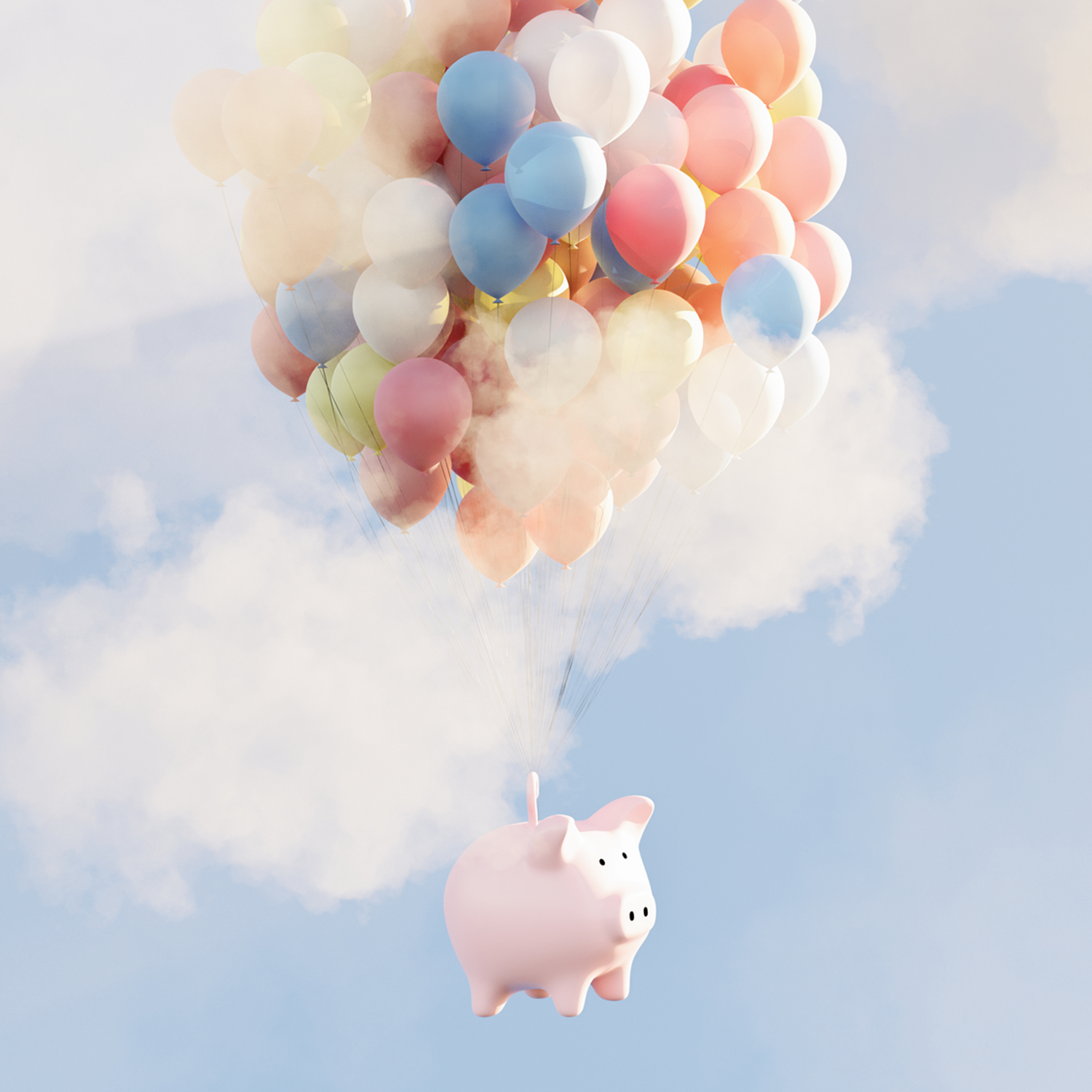Jennifer Lopez and Ben Affleck’s Wedding Is Part of a Trend Toward Smaller Events
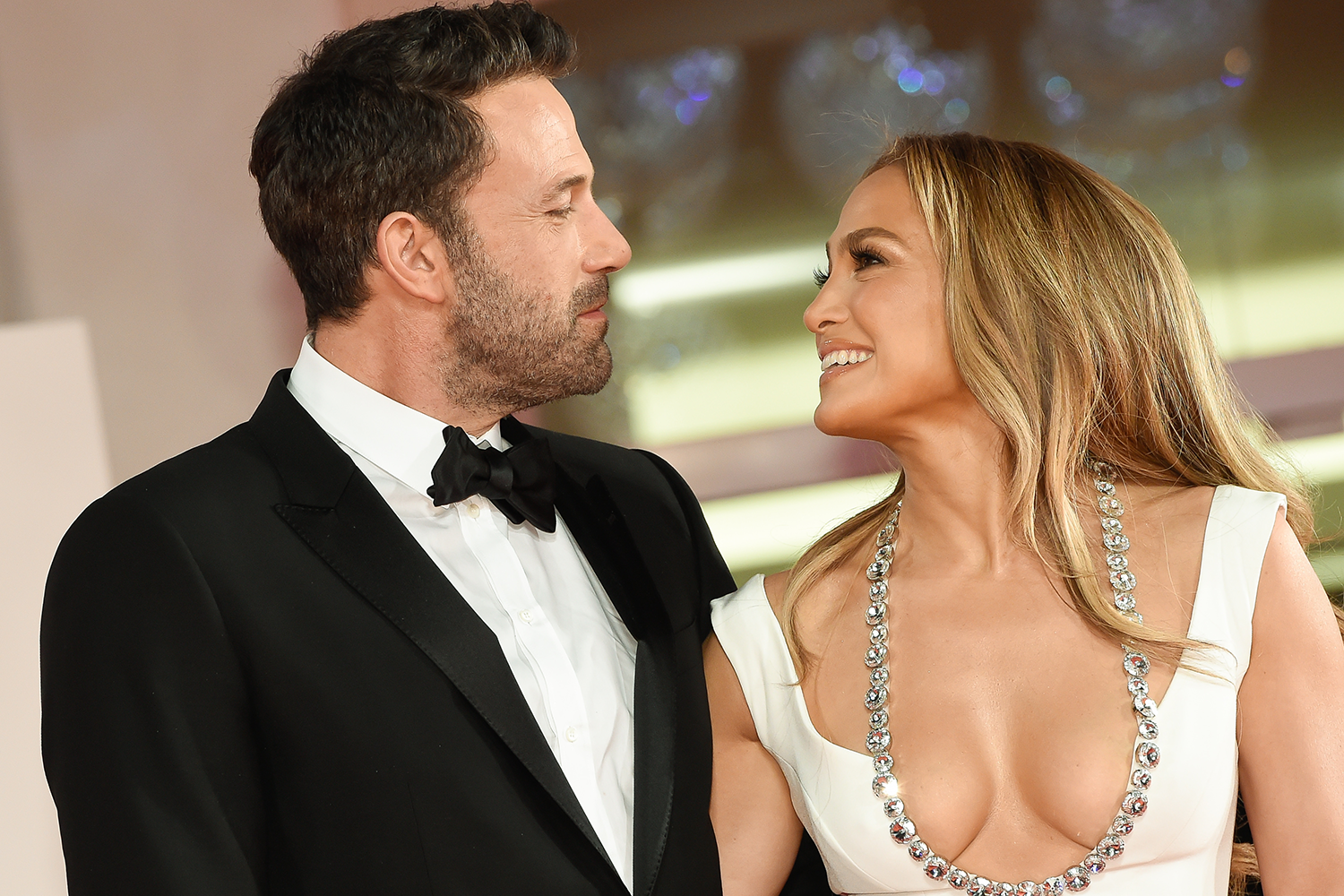
Nearly 20 years after their first engagement, Hollywood fixtures Jennifer Lopez and Ben Affleck have finally tied the knot. On Saturday, Bennifer wed at a drive-thru chapel in Las Vegas, witnessed by Lopez’s mom and the pair’s five kids from previous marriages.
The stars’ low-key nuptials reflect a larger trend. As wedding costs soar thanks to pent-up pandemic demand and inflation, more couples are opting to ditch large, lavish affairs for smaller events. Sometimes small-scale weddings are out of a desire for intimacy and pandemic safety, but nowadays, it’s often due to budget constraints. (With a combined net worth of more than US$500 million, it’s safe to assume Lopez and Affleck are in the former camp.)
The average Canadian wedding costs around $30,000, but prices vary depending on factors like your region, venue and what day you’re planning to tie the knot. Karina Lemke, a Toronto-based wedding planner, says an average wedding for 100 to 120 guests in Toronto can set couples back $80,000—at least. Inflation has made things even pricier. Some wedding planners are going as far as advising couples to budget at least 30 per cent more than usual to account for rising costs, which is affecting the prices of venues, wedding attire, decorations and food.
Lemke has noticed an uptick in prices by 20 to 30 per cent for almost all wedding services. “If I got a venue quote for a date this year back in 2021, it would be $38,000,” says Lemke. “If I get the same quote now, it might be $52,000.”
Ethan Gill, a wedding designer with ECG Wedding Events in the Greater Toronto Area, is also noticing increasing prices. Gill says people in the wedding industry are likely upping their fees due to staffing shortages, product shortages or inflation. Floral decor and venues are the hardest hit by price hikes, primarily due to the increased cost of food, labour, fuel and shipping. Pandemic-related labour shortages across Ecuador, where most roses at weddings worldwide originate, are affecting shipments. Decorations like candles, floral foam and florist tape are also more scarce these days, and therefore more expensive. Helium for balloons is harder than ever to find.
Some Canadians are compromising by downsizing their guest lists, a major contributor to cost. (The average Canadian couple invites 154 guests to their special day.) Other couples are embracing micro-weddings—small events where only close family members or friends attend—like Jen and Ben. Gill says most of their clients are booking smaller, more intimate weddings. Couples are spending the money that would’ve gone towards accommodating more guests or a fancier venue to splurge on other aspects of their event, like gowns or live-streaming technology for guests to view their nuptials online, or to save up for a down payment on a home.
Lemke thinks 2022 has been a banner year for weddings because of pent-up demand. There’s a backlog of postponed weddings from the pandemic as events that were pushed out from 2020 or 2021 may only just be happening now. “We’re really clearing a tremendous backlog at this point and not really taking on a lot of new clients,” says Lemke.
But despite high costs, not all couples are adjusting their wedding budgets. Lemke says some of her clients are pulling out all the stops to make up for lost time, or because they stashed savings during the pandemic. “I’ve got one wedding in two weeks where we’ve got a Ferris wheel,” says Lemke. “Do you know how much it costs to rent a Ferris wheel? It’s about $12,000.”

